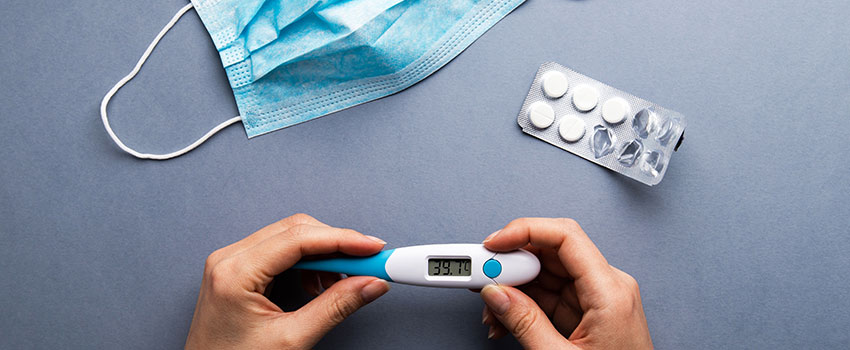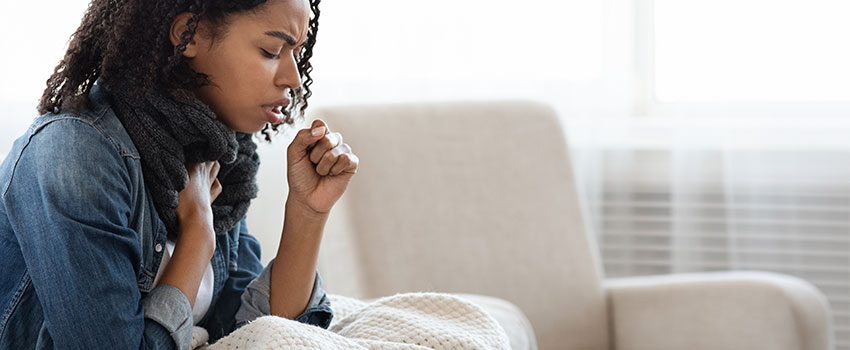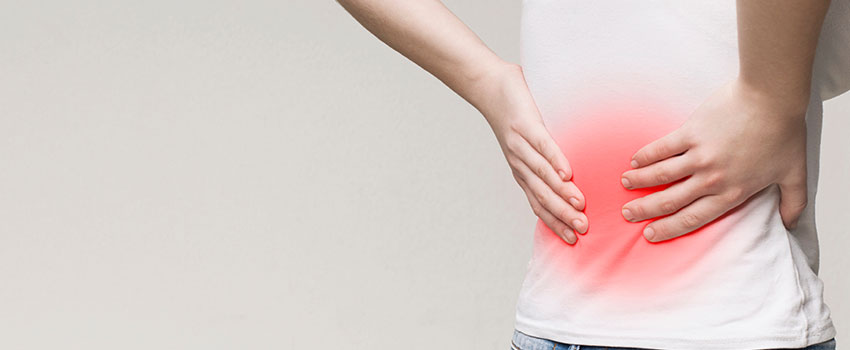
Because the number of cases of COVID-19 has seemingly dipped some in the last few weeks, it would be natural to think it’s no longer a risk. But that’s simply not true. As of June 1, more than 1.5 million Americans have been diagnosed with COVID-19. That includes more than 24,000 Tennesseans alone. It’s still important to take action to protect your health and the health of our community. That’s why our team at AFC Urgent Care Ooltewah is taking a few minutes today shed some light on the virus and how to prevent it.
How Is COVID-19 Spread?
COVID-19 is a new type of the coronavirus, a type of viruses that affect the nose, sinuses and upper respiratory system. You may be familiar with another type of the coronavirus—the common cold. This virus, COVID-19 is much more virulent than the common cold, though. It is spread through airborne particles, meaning it makes its way from person to person when an infected person sneezes, coughs or even breathes. This can happen even if the person doesn’t have symptoms and doesn’t know he or she is sick.
Symptoms of COVID-19
- Fever or chills
- Cough
- Shortness of breath or difficulty breathing
- Fatigue
- Muscle or body aches
- Headache
- New loss of taste or smell
- Sore throat
- Congestion or runny nose
Why Are Masks Important When in Public?
We talked above about how COVID-19 spreads. When you’re out in public and in close contact with others, you are at risk of those airborne particles making their way to you. The CDC recommends wearing a cloth face covering in public for nearly everyone age 2 and older. That’s partially to protect you—and new studies show it does offer a layer of protection—but in great part, it’s to protect others from your airborne particles in the case you’re sick and don’t know it. Wearing a mask helps protect you and others.
Basics for Mask Use
- Choose a cloth face covering rather than a surgical mask or N-95 respirator.
- Cover your nose and mouth completely with the mask.
- Avoid touching the mask once it’s in place.
- Wash your hands after removing the mask.
- Wash your mask frequently.
If you believe you have been exposed to COVID-19, we are offering COVID-19 testing at our urgent care center. Visit the AFC Urgent Care Ooltewah website to learn more or to schedule a testing appointment.


